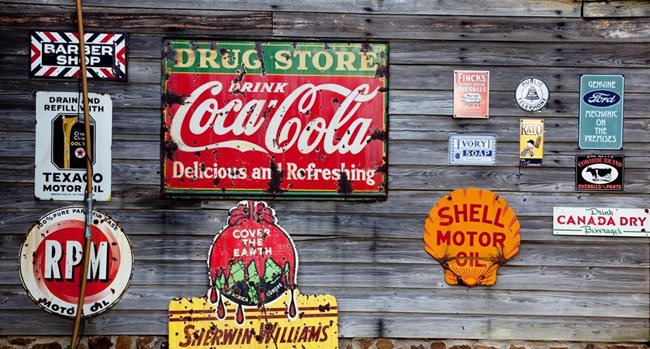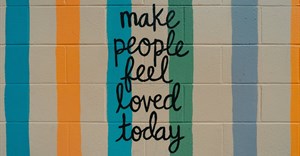
Subscribe & Follow
Jobs
- Social Media Specialist Johannesburg
- Advertising Specialist - Get It Magazine Durban Durban
- Advertising Sales Executive Sandton
- Art Director Sandton
- Senior Working Art Director / Designer Johannesburg
- Senior Account Manager Cape Town, Johannesburg
- Junior Account Manager Cape Town, Johannesburg
- Copywriter Cape Town
- Ad Traffic Intern Cape Town
- Director of Creative Performance Cape Town
The Suit Life: Responsible advertising

Since working from home became the norm under lockdown, agency employees’ time may be even more in demand, as remote working can easily mean that you are available for work “anywhere, any time”. The boundaries have become blurred and, where agency bosses expected long hours and dedication before, it’s even more the case now.
Agencies have allowed this vicious cycle to continue because they want to impress their clients with, what in many cases, are unrealistic deadlines. What this actually does is mentally and physically drain your entire team. That makes for an extremely unpleasant working environment and, in turn, an unhappy, less productive team.
That said, I believe that the wrong people are having the conversations about agency policies. Decisions come from the top. And the creatives and suits in the trenches have very little say in how things are done. So many agency employees suffer from burnout, in the short or long-term. And as a result, their output and quality of work slips. It’s time for a shift in agency culture – both for the wellbeing of agency staff and for the good of the work that is put out.
A constant state of flux
Over the years, agencies have been very cut throat in their approach. And it is rare that agencies are agile enough to adapt to new circumstances. Their established models and styles always remain at the forefront of how they service their clients. But in the current landscape, as we all navigate the circumstances surrounding Covid-19, clients across the board have changed. Their needs are not the same as they were pre-COVID. And perhaps agencies should be recognising this and taking a good look at how they do things internally.
Every client is different and the advertising landscape is in a constant state of flux – especially in the digital age. And this is where “purpose-driven” advertising is most important. Many agencies claim to be purpose-driven. But if you unpack the term, it means something different for every client. There is no cut and paste approach that works for every campaign. At the end of the day, the agency’s primary purpose is to drive revenue for the client via relevant messaging and channels that reach the right audience.
If agencies threw their hats into the ring and really became responsible custodians for their clients’ brands, they may consider lowering their retainers and opting into target-driven revenue percentages for campaigns that yield the desired profits. This approach can provide better peace of mind for client and agency alike, in that the client will always know that it is in the agency’s best interest to drive revenue. And at agency level, there could potentially be a boost in their own revenue if they provide campaigns that work.
Awards culture at agencies – the constant drive to produce award-winning campaigns – often takes precedence over truly effective strategy. Yes, awards are great and make the agency stand out. But if an award-winning campaign is primarily geared at scooping up a trophy, what happens to the client’s bottom line? You can still create amazing campaigns that are purpose, rather than award-driven, and the rewards will come organically, in that the client will trust you as a partner that cares about their results in the long-term.
Are you making a difference?
There are two questions we should be asking as agency leaders that should be driving what we do. First, are we making a tangible difference in the lives of our clients and their customers? Secondly, is the work we are doing making a difference to our clients’ bottom line responsibly? I’m not sure that many agencies can honestly answer yes to those questions.
From a creative perspective, creativity should link firmly with strategy to make a difference. Having strategy and creative work in silos happens so often, and one is often simply “force-fitted” with the other. Successful campaigns are a group effort that require a meeting of minds with the same goal in mind – making the client the winner at the end of the day. Great creative is about asking questions about how the work is going to elevate the client’s brand.
From a media buying perspective, agencies should be looking very closely at whom the client is and where their message will “fit” the best. Hyper-personalised campaigns work – because they have taken every aspect of the client’s needs into account, and understand the client on a personal level. Responsible human resources policy, client services, media buying, strategy and creative work are the keys to the kingdom. And in the new world, where freelancers are taking over and agency fees truly need to be justified, the principles of responsible advertising will drive the industry in years to come.
Closing thought: At all levels, people are critical. People are the lifeblood of the agency and at the centre of your client relationships. If you lead with empathy and create a working environment that has culture and its people at the core, the bottom line will take care of its self!


















